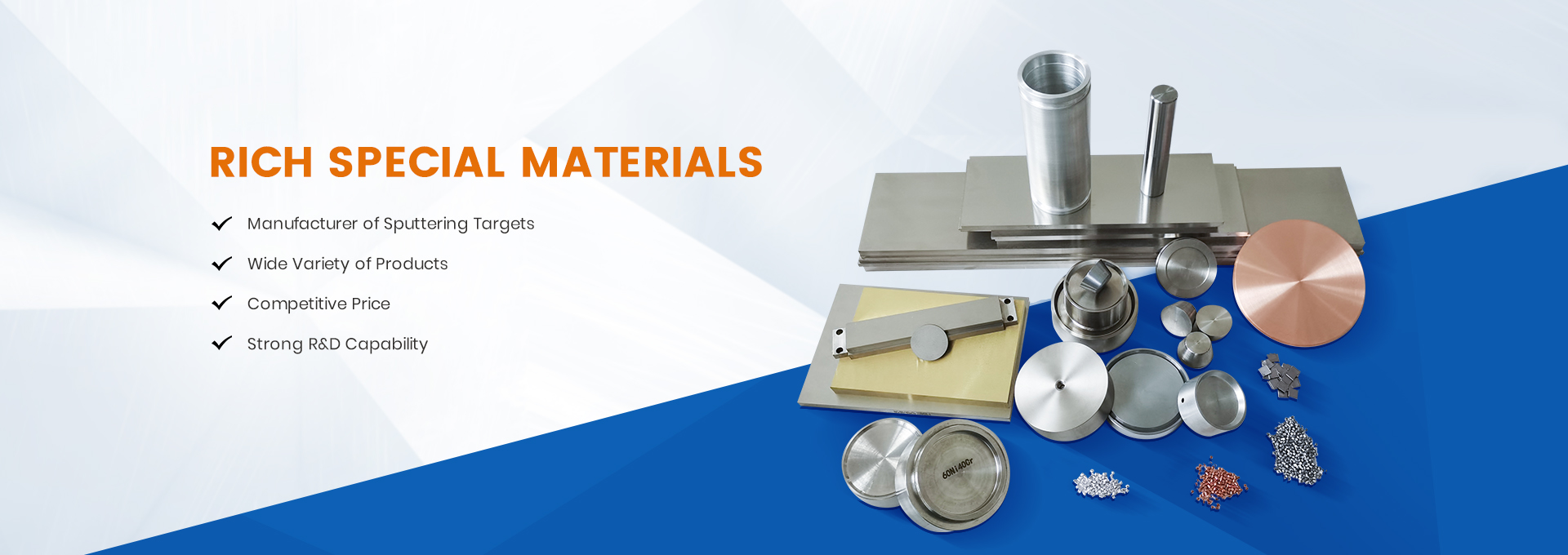The scientists sought to develop an industrial technology for the production of metal rods used in the production of modern bone implants, especially for the treatment of spinal diseases. This new generation alloy is based on Ti-Zr-Nb (titanium-zirconium-niobium), a highly functional composite and so-called “superelasticity”, the ability to return to its original shape after repeated deformation.
According to scientists, these alloys are the most promising class of metallic biomaterials. This is due to their unique combination of biochemical and biomechanical properties: Ti-Zr-Nb is distinguished from its components by complete biocompatibility and high corrosion resistance, while exhibiting superelastic behavior very similar to “normal” bone behavior.
“Our methods for thermomechanical processing of alloys, in particular radial rolling and rotary forging, allow researchers to obtain the highest quality blanks for biocompatible implants by controlling their structure and properties. This treatment gives them excellent fatigue strength and overall functional stability,” he said. Vadim Sheremetyev.
In addition, scientists are now developing technological regimes for thermomechanical processing and optimization to obtain materials of the required shapes and sizes with optimal operational difficulties.
RSM are specilized in TiZrNb alloy and customized alloys,welcome!
Post time: Sep-19-2023





